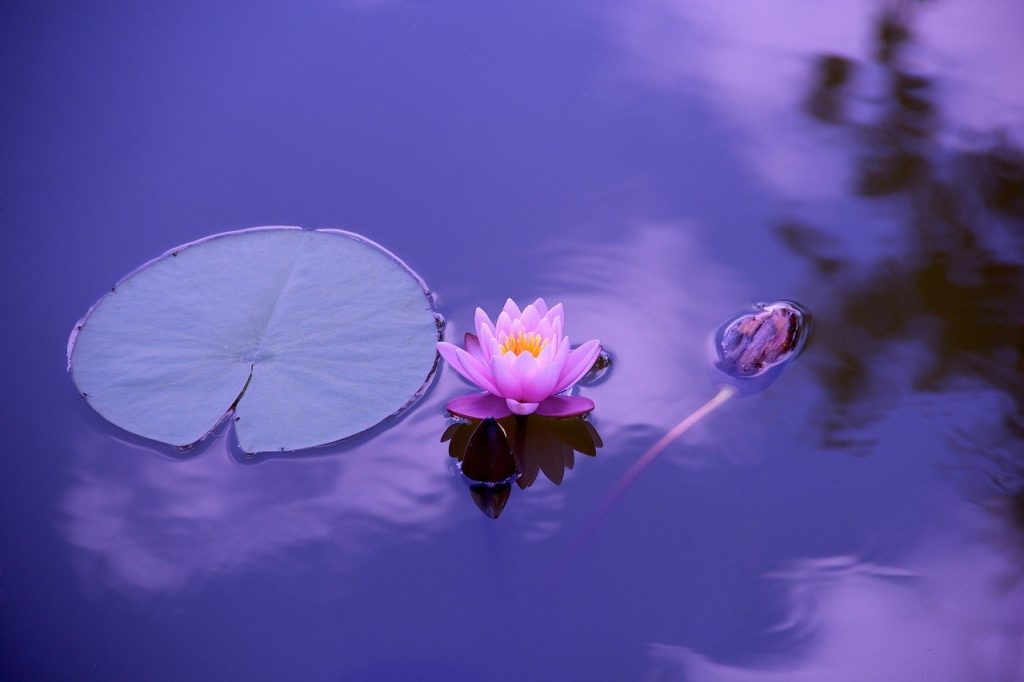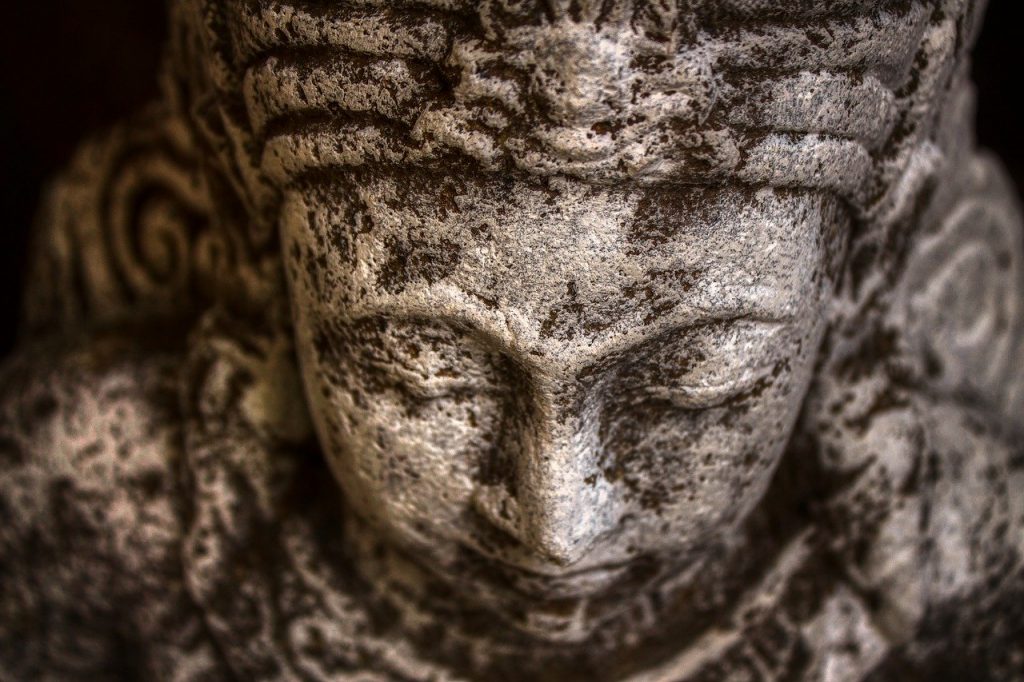It has been a week of sādhanā. When I look back at it, I feel that there is a lot more that could have been done, and done better. But I also know that I am on the right track, so what if I am a few steps behind? We need to celebrate our small victories, and be mindful of the areas where we need improvement. That’s when the journey becomes enjoyable…
Some readers have been asking me about my waking up schedule – how do I get up so early, what I do once I wake up, and do I also follow the same routine on weekends?
अथ योगानुशासनम् ॥१॥
atha yoga-anushāsanam ||1||
And so begins the Samādhi Pāda – the first chapter of Yoga Sutras by Maharshi Patanjali. Atha means now, and anushāsanam comes from the root word śās (which means to instruct). Anushāsanam means discipline. So, atha yoga-anushāsanam can be translated to read as – AND NOW…THE DISCIPLINE OF YOGA.

Most sanskrit texts begin with the word – atha.
It’s almost as they did not want to waste time beating around the bush – here is what you need to do and lets get down to it. It is also interpreted as reminding the reader that there is a foundation to be laid before getting into what’s written ahead – only once you are ready can you move to the these teachings. You may have experienced all that you wished for – wealth, power, intelligence, pleasure – and yet found yourself seeking something beyond, something more meaningful. If you have reached that point, you are ready…and now, yoga.
Atha – or now – also reminds the reader that we are, and always have to – live in the present – the past is gone and the future hasn’t yet arrived. Now is what matters and now is the time to begin.
Anushāsanam, or discipline, is a pre-requisite. Yoga is a discipline, that which requires you to commit, and abide by certain base rules.
It’s not about forcing you to do anything, but if you want to derive the benefits of true yoga practice, then discipline is necessary. And Maharshi Patanjali stresses this right at the beginning – yoga IS discipline.
And so the first step in my yoga practice is waking up at 4.30 am, every day, even on holidays.
My view on it is that if I set my body clock for 5 days, why disrupt it for the weekend? That’s like taking 5 steps forward and 2 steps back. Also, I get more weekend per weekend!
I have always been an early riser, but it still is difficult for the first few days. Once your body clock gets set though, you can wake up without an alarm (I haven’t reached that stage yet).
So I wake up, have a shower, do a small puja, and then practice Hatha Yoga – a combination of basic asanas, for around 20-30 minutes. Once done, I practice Prānāyāma for 15 minutes. These 21 days, I do mantra meditation as well, for peace in these troubled times, and as a prayer for my country and humanity in general. This practice helps me stay calm in a time when (as someone put it) going out is also now a privilege. The mantra meditation continues for 45 minutes, following which I do 15 minutes of silent meditation, to experience the after-effects of the powerful mantra recitations.

A light pre-breakfast of cereal and milk follows, and then I sit out in my terrace, listening to the sounds of nature, and typing out my thoughts. This is kind of mindful writing, where I just open a page and type, without a pause, letting words flow from my mind onto the keyboard. What results is this blogpost:)
Which means, by around 7 am, I have finished my daily meditation, yoga and writing. This gives me a great start to the day, more energy and clarity, more time to space out my work and of course, more time to read!
I don’t mean to say that everyone should wake up this early. Each body is different and everyone has their own peak timings. But, I have found that waking early helps me do more, stay fit and also enjoy a lot more that life has to offer. This is my experience, and you are welcome to try it too…

